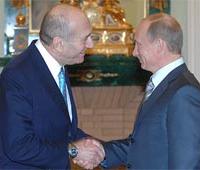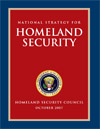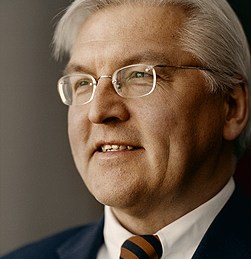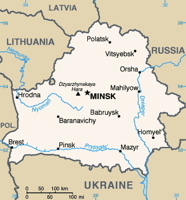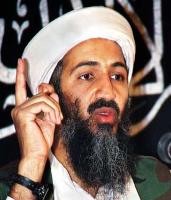
Just weeks after the Sept. 11, 2001 terrorist attacks in New York and Washington, Pakistani authorities arrested two atomic scientists suspected of having aided the terror network al-Qaida in efforts to acquire weapons of mass destruction. One year earlier, they had founded a humanitarian aid agency for Afghanistan: the “Reconstruction of the Muslim Umma.” But for the two Taliban sympathizers, the aim of constructing a new Muslim community was not only a matter of economic and political solidarity with the faithful around the world. In their opinion, Pakistan’s nuclear weapons, which they had helped to develop, were also the “property […]

